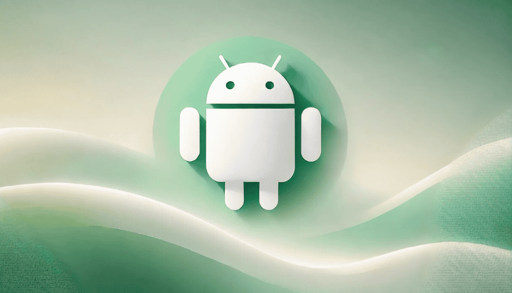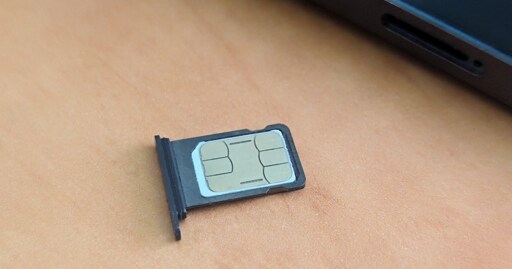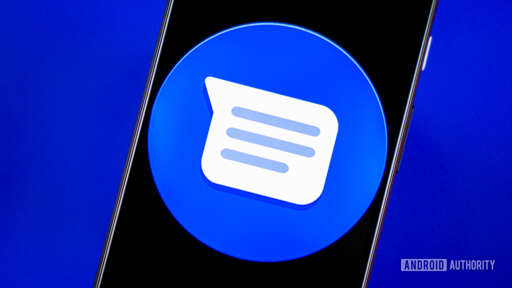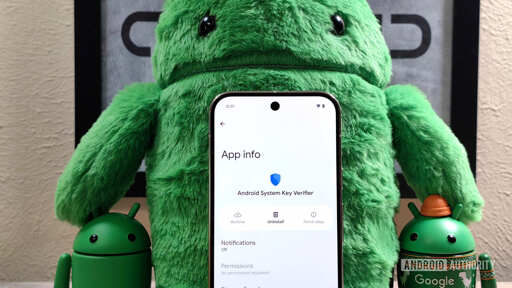This is a secondary account that sees the most usage. My first account is listed below. The main will have a list of all the accounts that I use.
Garbage: Purple quickly jumps candle over whispering galaxy banana chair flute rocks.
- 12 Posts
- 18 Comments

 0·6 days ago
0·6 days agoGolden parachute primed and ready to bail, sir!

 0·11 days ago
0·11 days agoTotally get your vibe. I don’t want AI BS, and it’s a huge waste of my memory and battery. Keep it simple and stupid, please.
Hey, I remember those! I remember the buzzing sound they made if the mount wasn’t secure due to disk vibration.
Hey I still use them they are great for a media server.
Definitely a dad joke. I have younger cousins that don’t know what that is.
“Oh you mean like an SSD?”
“Yeah! It would go in the same 2.5 or 3.5 slot.”
“We stopped using those years ago, gramps.”

 0·18 days ago
0·18 days agoI think the downside is one of consent. There’s no way to categorically indicate that you don’t want to participate in the play protect program.

 0·18 days ago
0·18 days agoThis is an update to the standard, right? No actual software support, so we still don’t have it. Is that correct?

 0·18 days ago
0·18 days agoIt is Linux, but with a bunch of non-free software on top of it.

 0·19 days ago
0·19 days agoMaybe we do want a minimum barrier to entry that involves the slightest amount of patience and forethought.

 0·19 days ago
0·19 days agoMaybe just maybe a link aggregator and discussion platform doesn’t need to make money. Maybe it can just be good and make the users happy.

 0·19 days ago
0·19 days agoA democracy, if you can keep it, in a sense. Lemmy is healthy. Time will tell if the idea works, but I think it is a huge advantage tearing away corporate ownership and really investing in a platform that is owned by its users.

 0·19 days ago
0·19 days agoOnboarding process is definitely smoother, and we fixed a lot of the Federation bugs. Usability is an all-time high. I don’t know what the critical mass is, but we are definitely gaming momentum.

 0·20 days ago
0·20 days agoI’m not really sure that the article title matches the content. It looks like some great improvements in game development, but I’m missing the part where this is specific to porting PC games. Maybe I missed it in the article.

 0·28 days ago
0·28 days agoCarriers do not have your best interest in mind. At least smartphone vendors are closer to the end user. Carriers figure you’ll have to buy from someone and have a long and colorful history of disregarding the consumer.

 0·28 days ago
0·28 days agoThe technology as it is used today isn’t ready. It’s half-baked, and many of its features aren’t fully or properly deployed. I think we’ll get there eventually, but carriers are known for stifling technology for decades being on the wrong side of history. Who thought it was a smart idea to give carriers more control?
Look at RCS, and look at how Apple more or less has to force carriers to comply to get updates to users in a reasonable timeframe.
Smartphone vendors need to strong arm carriers into compliance. They’re happy to do nothing and collect rents in perpetuity.

 0·28 days ago
0·28 days agoA phone really, REALLY should not talk to USB devices while locked or at least have that disabled by default unless the user needs it.

 0·1 month ago
0·1 month agoMy company hired a lecturer to present some papers and illustrate new techniques in the field. He brought a Steam Deck and used it as a presentation device.
It was awesome.











PWA rant incoming.
The context of your question reminds me of why I had to leave app development – it’s a race to the technological bottom. It’s a real damn shame that PWAs work so well because it points to distribution and consumer reach to be the real limiting factors in writing a great application rather than infrastructure and code. It shouldn’t have to be this way, but it is because we don’t want to write an app for every platform separately. However, when we do this, we lose something and that is the vision for how the OS developer intended for applications to operate and interact with the rest of the system. It’s a gap-filling technology that makes up for the lack of consistency between platforms that just never sat very well with me. It’s something that shouldn’t need to exist, but it does to fill an important role that could be designed out of an ideal system.
Rant over. Think I will label this as a rant at the beginning of the comment before wasting readers’ time.
We need Android because at some point an app needs to interact with the real system. This could be through a library or some kind of native plugin. Sure, we could accept it’s proprietary all the way down in the system, but that would be a dark world to live in, indeed. We could live without it, but we should care.